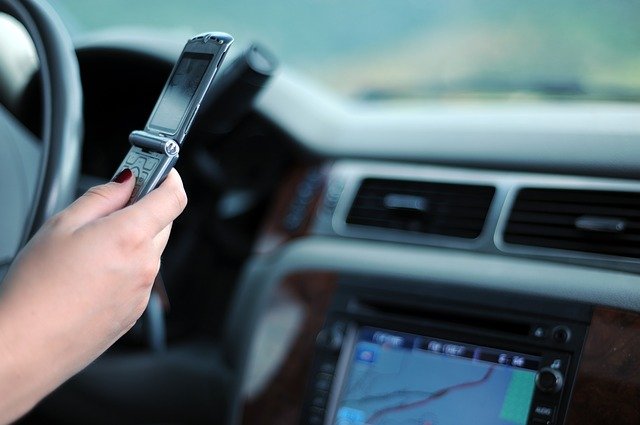4 Ways Negligence Causes Car Crashes
Image by Reynaldo Amadeu Dal Lin Junior Juba from Pixabay
Negligence is involved in many car accidents and it has an important role to play during legal proceedings. It can be summed up as a failure to respect standard driving behavior, doing (or not doing) something that another reasonable person in that situation would do (or not).
In a car accident, usually one of the drivers has acted in some way more negligently than the other and they will be held responsible for the injuries that occurred during the crash. Knowing what can lead to negligence while driving can help you be a safer driver and steer clear of car crashes.
1. Driving Under the Influence of Alcohol or Drugs
It is a well-known fact that driving under the influence of alcohol or drugs (even if they have been prescribed to you by a doctor) may affect your driving skills. Still, drunk driving is the most common cause of car crashes that result in death, as it accounts for 40% of cases. Alcohol consumption can negatively influence the following driving skills:
- Reaction time – alcohol will slow down your reflexes, you will need more time to react if anything unpredictable happens.
- Vision – your vision may be severely impaired. Alcohol tends to slow down the function of the eye muscle and cause blurred vision, making it more difficult to perceive traffic signs. Perhaps a less known fact is that color perception and night vision can also be affected.
- Coordination – high levels of alcohol in your system can impede the coordination of your hand, foot, and eyes.
- Alertness – drowsiness can set in, making it difficult to maintain the state of concentration required for safe driving.
Similar effects can be expected from drugs. Some prescription drugs may also influence your driving ability, that is why it is crucial to carefully read the prospect. If you notice any change in your physical or cognitive state, it is best to avoid getting behind the wheel or to pull over and contact someone for help.
2. Texting While Driving
Texting can distract you from driving in several ways. First, reading messages will take your eyes off the road and you might avoid a traffic sign, a pedestrian walking by, or any other unpredictable incident that might occur. Then, you also need to take your hands off the wheel to access or respond to the text. Finally, the content itself can be a distraction from the task of driving.
Measures were put in place to try and manage this problem and since 2019, texting is banned during driving in 48 states.
3. Exhaustion
Driving while you are very tired can have similar effects on your skills as alcohol. So, you can expect to have problems with your concentration, decreased reaction time, and problems with your vision, among other symptoms.
4. Eating or Drinking
Having a nibble of a sandwich or a few sips of coffee while driving might not sound like a problem at all, but the fact is that it can lead to negligent driving. After all, your hands will be grasping the cup or the food rather than the controls of the car.
While it can be tempting to eat or drink while you are driving, try your best to avoid it. If you really cannot wait any longer, try to pull over to enjoy your snack.
What to Do After a Car Accident
Even if you take all the preventive measures, you might still become involved in a car accident. If that happens, it can be very helpful to have some expert legal help on your side.
A car accident lawyer will try to prove the defendant acted negligently and help build a strong case for the client. Furthermore, they can also intervene in negotiations with the insurance company and take on all the case-related communication on your behalf.
Other Ways Negligence Causes Car Crashes
The above list is by no means exhaustive, there are still plenty of ways negligence can lead to accidents. Even something as simple as changing the radio station is enough to distract you from driving. We would be interested to hear about your experiences with negligent driving, what distracts you when you are behind the wheel?

